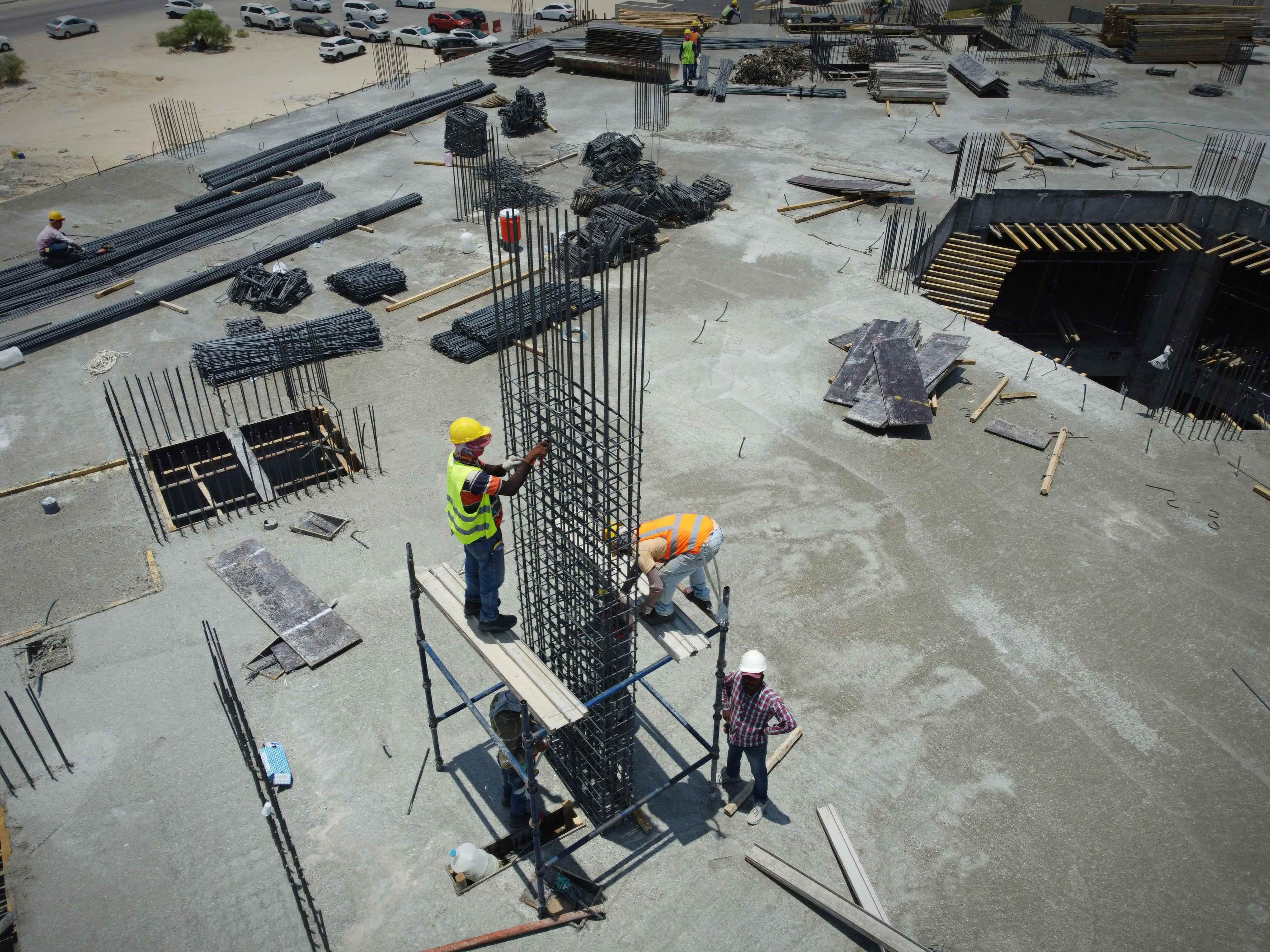In the trades, physical strength and technical skill are essential. But there’s another kind of strength that often goes unspoken, resilience. Whether it’s pushing through long shifts, managing unpredictable job site stressors, or navigating personal challenges, workers in construction, manufacturing, and other trades rely on resilience every day.
Yet resilience isn’t just something you’re born with, it’s something that can be built, supported, and strengthened through the right environment, resources, and leadership.
What Is Resilience—and Why Does It Matter?
Resilience is the ability to bounce back from stress, adapt to change, and keep going in the face of adversity. In high-pressure, physically demanding industries, it’s a critical component of safety, productivity, and mental health.
Resilient employees are better able to manage stress, solve problems effectively, and maintain their mental health, even in tough conditions. For the trades, this means fewer missed days, better focus, and greater job satisfaction.
But without intentional support, that resilience can erode over time leading to burnout, high turnover, and disengagement.
The Cost of Burnout in the Trades
Stress is a daily reality for many workers in blue-collar roles, and when it goes unchecked, it leads to serious consequences:
- A CDC study found that construction workers face some of the highest suicide rates in the U.S., largely due to chronic stress, stigma, and lack of mental health support.
- In Canada, BuildForce reports that 62% of tradespeople feel stressed at work, and over 1 in 3 report symptoms of anxiety or depression.
- Chronic stress leads to fatigue and decreased safety, with emotionally exhausted workers being 70% more likely to experience workplace accidents, according to the Institute of Medicine Committee on Sleep Medicine and Research.
Clearly, building resilience isn't just a personal goal. It's a safety imperative.
How to Strengthen Resilience on the Job
Resilience can be strengthened through a combination of personal strategies and systemic support. Here’s what makes the biggest difference:
1. Normalize Mental Health Conversations
Talking about stress and struggle reduces stigma and creates space for support. Peer-led conversations, anonymous Q&A campaigns, or mental health check-ins can help workers feel seen and heard.
2. Provide Access to Practical Tools
Resilience is built with real tools, not just slogans. Access to mental health counseling, financial wellness resources, and coaching can help workers build skills to manage stress, solve problems, and plan ahead.
3. Train Supervisors to Lead with Empathy
Frontline managers are key to fostering resilience. With the right training, they can recognize early signs of burnout, encourage healthy work habits, and direct workers to support when needed. A 2021 report by Mind Share Partners shows that 82% of managers want to support employee mental health, but only 25% feel equipped to do so.
4. Encourage Time Off and Recovery
Rest is essential for resilience. Encouraging PTO, creating flexible schedules when possible, and modeling healthy boundaries helps prevent burnout and promotes long-term sustainability.
Resilience Benefits Everyone
Building resilience doesn't just benefit the individual—it strengthens teams and organizations. According to Deloitte, companies that invest in mental health support can see up to a 5x return for every $1 spent on wellbeing support.
When workers feel supported, they're more engaged, safer, and more likely to stay in the trades for the long haul.
Conclusion: The New Definition of Strength
In the trades, resilience is just as essential as physical strength. It’s what keeps crews steady during tough jobs, what helps workers show up day after day, and what allows teams to thrive under pressure.
At Nivati, we help trade employers build this kind of strength, through mental health support, supervisor training, and leadership tools designed specifically for blue-collar environments.
Want to help your crew build more than muscle? Let’s talk.






